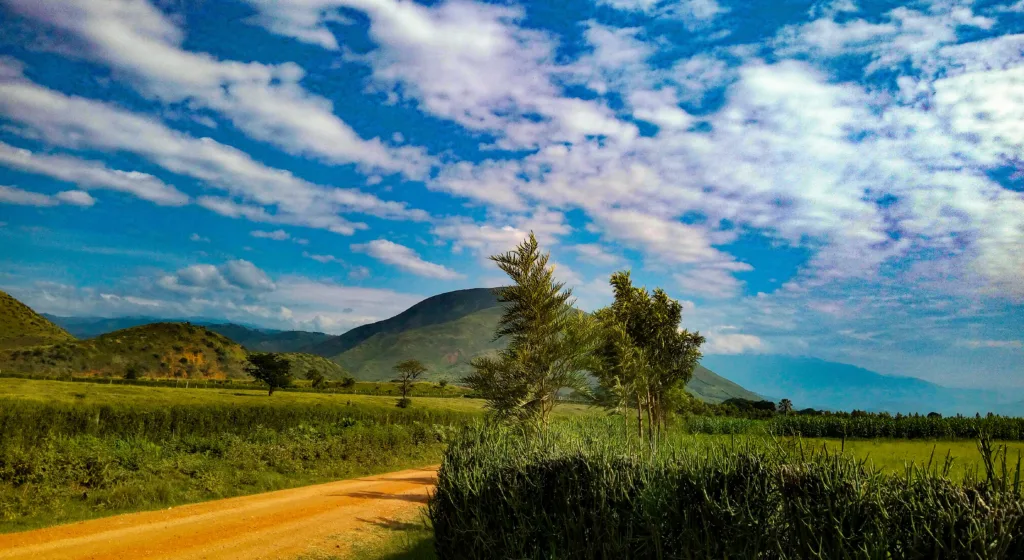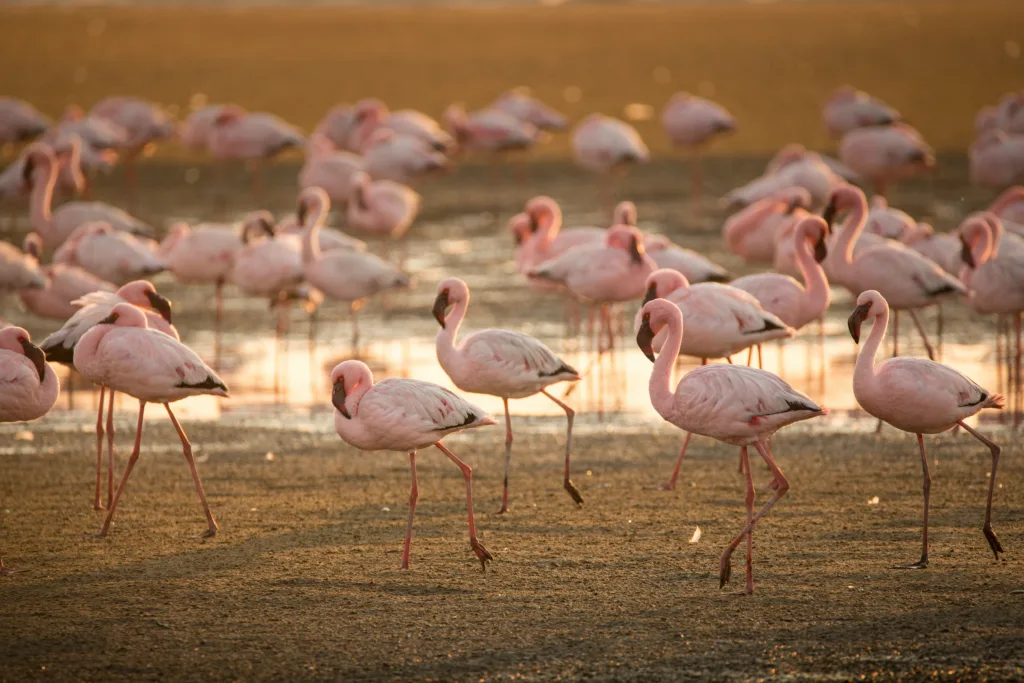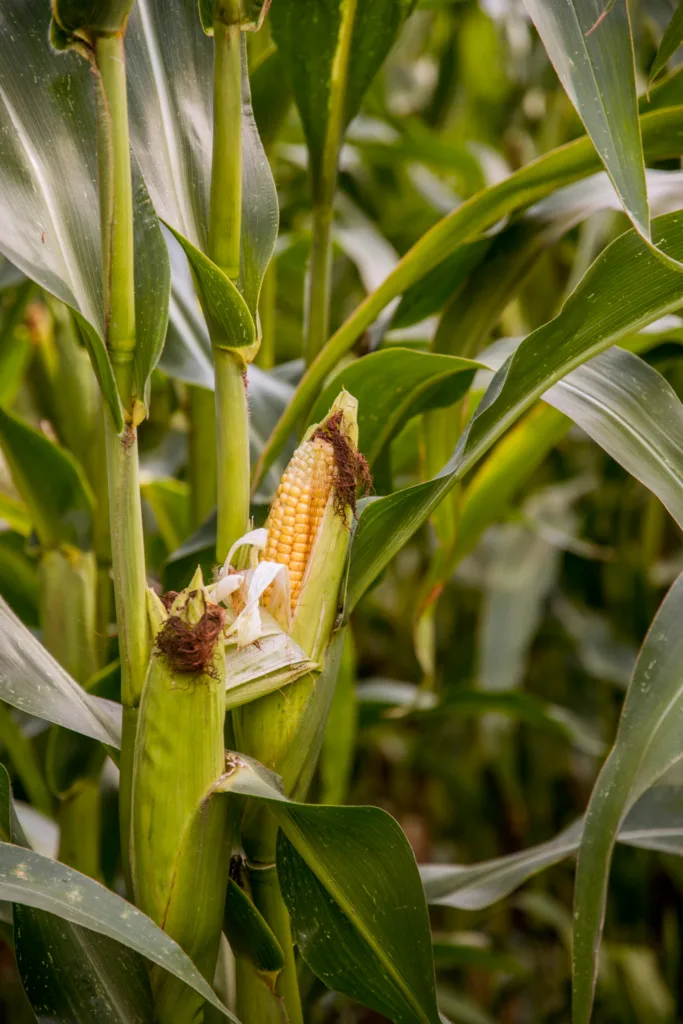
Frank Tobé is a third-generation member of the founding family of DOB Equity, a fund investing capital in innovative, scalable, and impactful companies in East Africa. The family also set up DOB Ecology and DOB Emergency. In addition to his membership of DOB Equity’s advisory board, Frank is co-founder and CEO at Supernova, a founder-friendly ESG and impact reporting platform for venture investors and their portfolio companies. He is also a founding member of Horizons Community, a global network of high-net worth investors and founders.
How did your family get started in impact investing?
It goes back a few generations. My grandfather had built up a supermarket chain in the 1950s and 1960s by pioneering self-service shopping in the Netherlands. In the 1970s he applied the same principles to pharmacy and that became a 2,000-store, family-owned empire by the time of his death in the 1990s. In 2000, the business acquired Superdrug in the UK, which brought us onto the radar of the Hong Kong billionaire Li Ka-shing, who owned Hutchison Whampoa. His firm made a strong offer to buy the whole business, which we accepted.
My grandfather had already been thinking about philanthropy in the 1990s and had started funding two orphanages in Brazil. But on his death, his five children, including my mother, decided they wanted the money to do something far greater.
So, some of the proceeds of the sale were put into an endowment that could fund philanthropic projects and the rest was divided among family members for their own use. A family office was set up to manage both.
How did the family initially approach running an endowment?
Well, we had no idea what it entailed when we started! As a child, I recall everything was discussed by the siblings around my grandmother’s kitchen table. We did the whole classic philanthropy thing of giving money to finance water boreholes, schools, MRI scanners and so on.
Pretty rapidly by the early 2000s we had 106 projects on four continents. But we quickly saw the drawbacks to pure grant-giving. First, we realised that we were funding things that a society or its government should really fund. Second, although we were funding 50 schools, we knew there was a need for 1 million schools. Third, the projects we started up kept running out of money and asking for more. So we could see the limitations of pure philanthropy for those causes.
Ultimately, we realised that capitalism, if applied in a more conscientious way, could be a better way to change things. First, it motivates people because there is a financial incentive. Second, it is scalable and built for growth, so you do not need to keep topping it up with more giving. Third, capitalism is demand driven. People who spent their money on a product or service do so because they actually need it. With pure philanthropy, however, no-one looks a gift horse in the mouth, so you can be doing something completely irrelevant for a very long time but feeling good about it.
How was that ‘conscientious capitalism’ principle translated into investment?
We started recruiting people to the family office who knew something about impact investing. To help narrow our focus, the family also agreed on the principle that we should take direct stakes in companies that were innovative, scalable and impactful and that were solving problems for the poorest people making less than $15 a day.
That led to the creation of DOB Equity in 2011, which focuses on investment in East Africa. We were determined that people who work for DOB Equity should either be in East Africa or come from there. So we opened an office in Nairobi, which now has a team of 12. To date, we have invested about €75 million in 26 portfolio companies in the region, involved in activities from food distribution to credit union banking to health diagnostics to fish farming.
Then about seven years ago, we realised that the physical landscapes in which our businesses were operating were deteriorating rapidly due to pressures from population, climate change, and misuse of resources. So the family agreed to set up DOB Ecology, a conservation fund focused on conservation of forests and wetlands in sub-Saharan Africa and Latin America.
Thirdly, we run DOB Emergency, an aid fund for children in refugee situations where we jump in as required.

Why did DOB Equity choose to focus on East Africa?
We saw the importance of focusing regionally. Travel-wise, it was crazy to be going all over the world, and getting to East Africa from the Netherlands is relatively easy. Similarly, we wanted an on-the-ground team and we could not do that globally. We also felt a real spirit and sense of entrepreneurship in East Africa. Plus, by the 2000s, post decolonization the region had developed well, improving legal and physical infrastructure.
How did you secure family buy-in to go from traditional philanthropy to impact-focused investing?
Our impact activity has been shaped by those family members who have chosen to take the most active roles. For example, one of my uncles has been thinking about aid and how it can be transformed for more than 20 years.
We have some family members who are only now getting on board with the impact mission – whereas those who initiated it are now asking what we should do next to keep challenging and pushing boundaries. So family members are at different stages – but the current, second generation get on very well.
Are the endowment and the family capital invested differently?
The family money is separate from the endowment and is invested conservatively with a lot of public market exposure and a small element of private equity.
The endowment itself is invested mostly in public markets with an ESG screen – and the returns on the endowment are used to finance the three DOB funds. DOB Equity is evergreen and is always evolving. Performance-wise, it is marginally more than break even, which is exceptional for something investing in early-stage and impact only enterprises in East Africa.
What governance did you put in place to formalise execution?
We formalised our processes with the help of a Dutch governance expert who had experience of helping family offices. At the top of the governance structure is a family board which is only active when large, existential issues arise. Then we have an overarching board with two external directors and three family members to set the strategic direction of the endowment and all activities financed by it and sign off every financial decision.
Of our three organisations, two have their own advisory board with their own experts. For example, DOB Ecology’s board includes the head of the Dutch Institute for Ecology; a former director of WWF; and the operations officer of a large company. DOB Equity has three great people on its board with private equity/venture capital expertise and operational expertise in Africa. Family members can attend these boards and listen and learn.

How are you tracking performance in the impact element – and how is it different from the process for the family office?
We have different teams tracking each for a start. The culture of optimising risk-adjusted returns is deeply rooted in the family office and the team there see that as their fiduciary duty. In the family office portfolio, we have some investment exclusions but no specific impact investing metrics. Conversely, at DOB Equity we are looking to enshrine impact performance into all the investments we make. Two years ago, we established an investment charter for DOB Equity that we plan to review every five years. Some family members do not feel it goes far enough in terms of impact so that will probably see further development.
What is an investment you are particularly proud of and that embodies what you are trying to do with DOB Equity?
One really impactful company in our portfolio is Twiga Foods. In East Africa, inefficient food chains mean that some of the poorest people often end up paying the most for basic staples.
For example, someone discovered that a banana sold in Nairobi was more expensive in relative terms than a banana in London or Geneva. This was because these bananas went on these epic journeys, changing hands 10 times on average, and ending up at market expensive and brown. So the team behind Twiga Foods built an app that can connect the end-vendor directly to the farmer and manage all the logistics in between. Thanks to vendors and farmers using this app, the price of bananas dropped 30% in Nairobi.
Then Twiga started using the network to manage lots of other produce as well. The upshot is that small farmers have been empowered to sell at better margins. Consumers get a better product at a lower price and save money to spend on other important things. Jobs have been created jobs along the logistics chain and, environmentally, there have been huge savings in food waste. We invested around €2 million in total in Twiga Foods and at its last valuation it was valued at €250 million. Interestingly, we sold a significant part of our stake to the family behind Decathalon, the sporting goods retailer, who came in as a mainstream investor, with no impact mandate at all. So that is a great example of a company that has become a great investment, aside from its social and economic impact.
How are you measuring the impact of your portfolio companies?
For a long time, impact measurement was constrained by the amount of time our early growth-stage companies were able to spend on it. We therefore originally took a hands-off approach and only asked for about three metrics per company per quarter.
But with our new governance structure, we knew we needed to substantiate our impact much more clearly. So, in 2021 we started to build technology for DOB Equity where we could formulate a data request using the IRIS database to send out to all companies in our portfolio. Each company could then come onto the platform to submit data and be assisted by our impact investing expert at DOB Equity where necessary.
This has allowed us to build a 25-point questionnaire and send it to all companies in our portfolio. We can track companies’ progress in submitting data and see where companies need to be assisted. Best of all, portfolio companies can invite other investors to the platform to access the same data, so they no longer have to deal with duplicate data requests. In fact, this technology has been made available through my own company, Supernova.
And this is doubtlessly providing useful to other impact investors?
Absolutely. That platform has now evolved into an online exchange that we launched in 2022 called Supernova – because we wanted to illuminate the impact investing universe!
Supernova is able to build data requests for investors, based on their sustainability objectives, using artificial intelligence to map the metrics and insights they need to see if they are achieving their objectives.
There is so much regulation and guidance coming in around Europe, whether it is the EU Taxonomy or the UN Sustainable Development Goals or the Taskforce for Climate-related Financial Disclosures. So, being able to provide everything an investor might need from early-stage growth companies from one founder-friendly impact reporting platform is very welcome.
What further changes in the market would you like to see to help more families to do what you are doing?
I would love to see an improvement in the basic level of openness among investment teams in family offices. By their nature, family offices are very closed-off. People across these organisations need to meet more, talk more, and learn more about the impact investing concept so we can all move beyond the primacy of financial returns.
Another ongoing challenge is that the investable universe is very small for our impact private equity in East Africa target market. There are so many changes we would like to see and so many ideas that come down from our board. For example, we would love to see someone set up a ‘cold chain’ that would allow fish to be transported from Lake Victoria to towns and cities. But we are reliant on an entrepreneur coming along who is willing to give up a decade of their life to do that. So, more entrepreneurs please!
